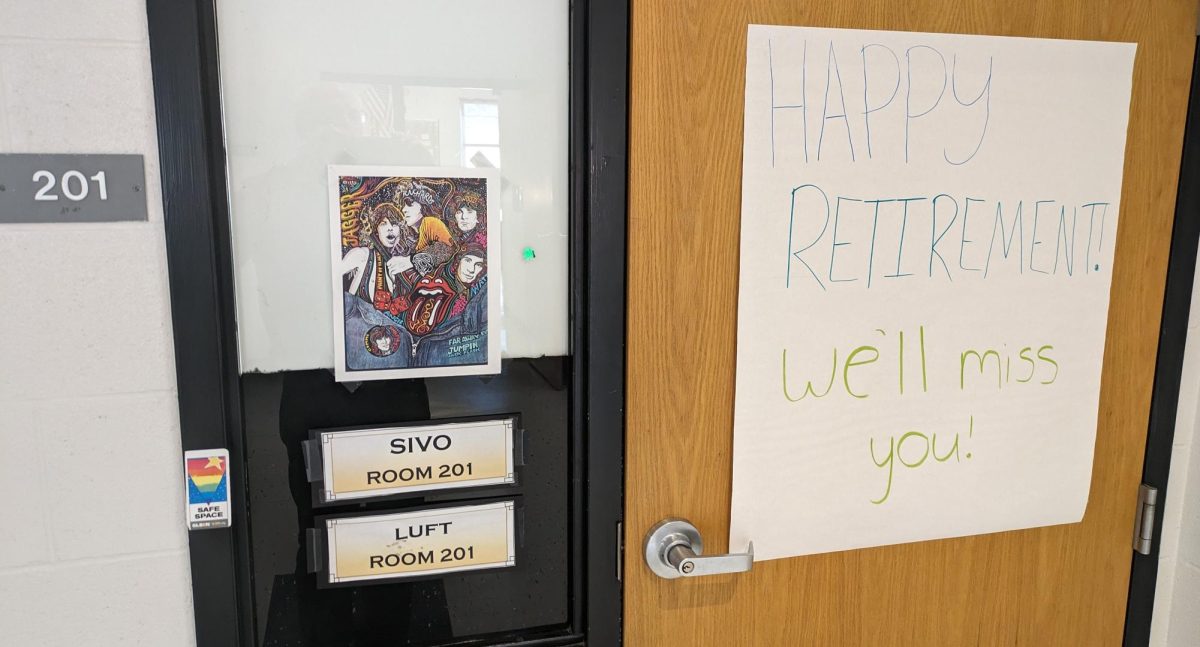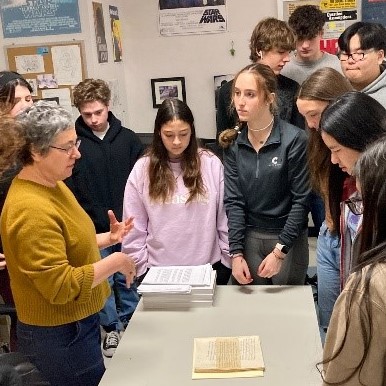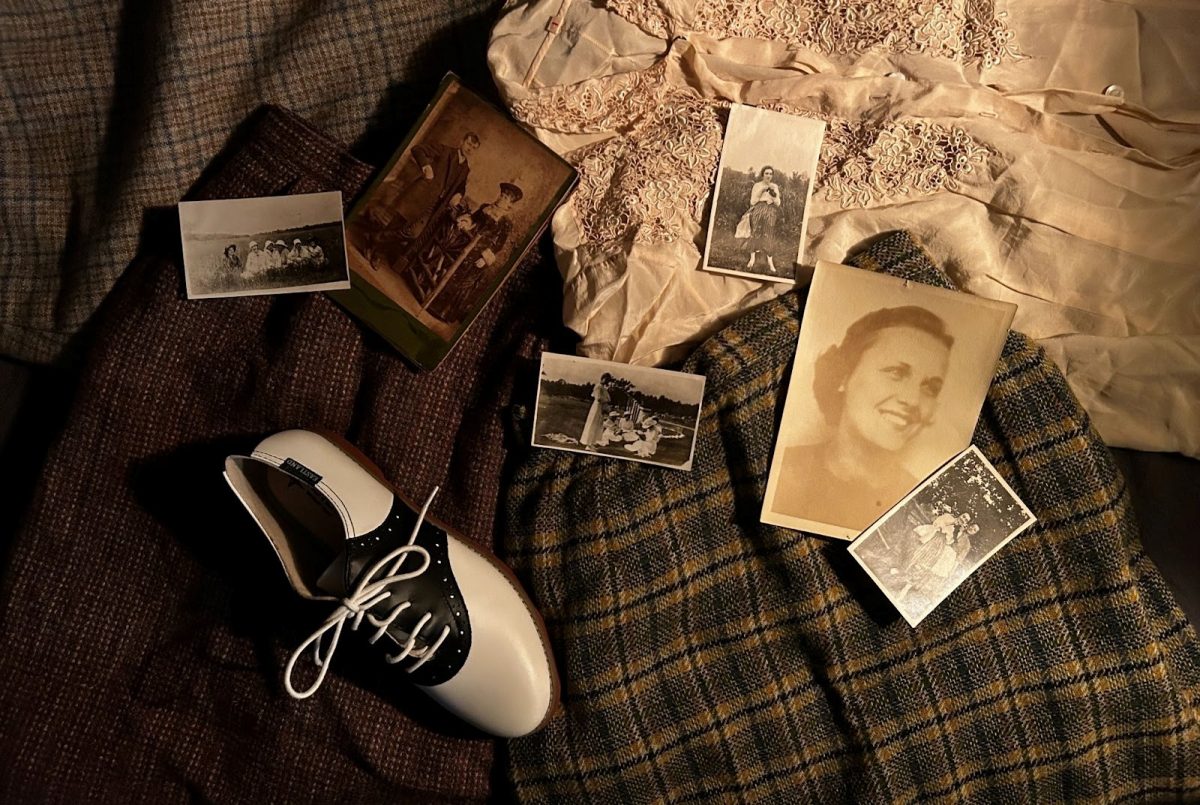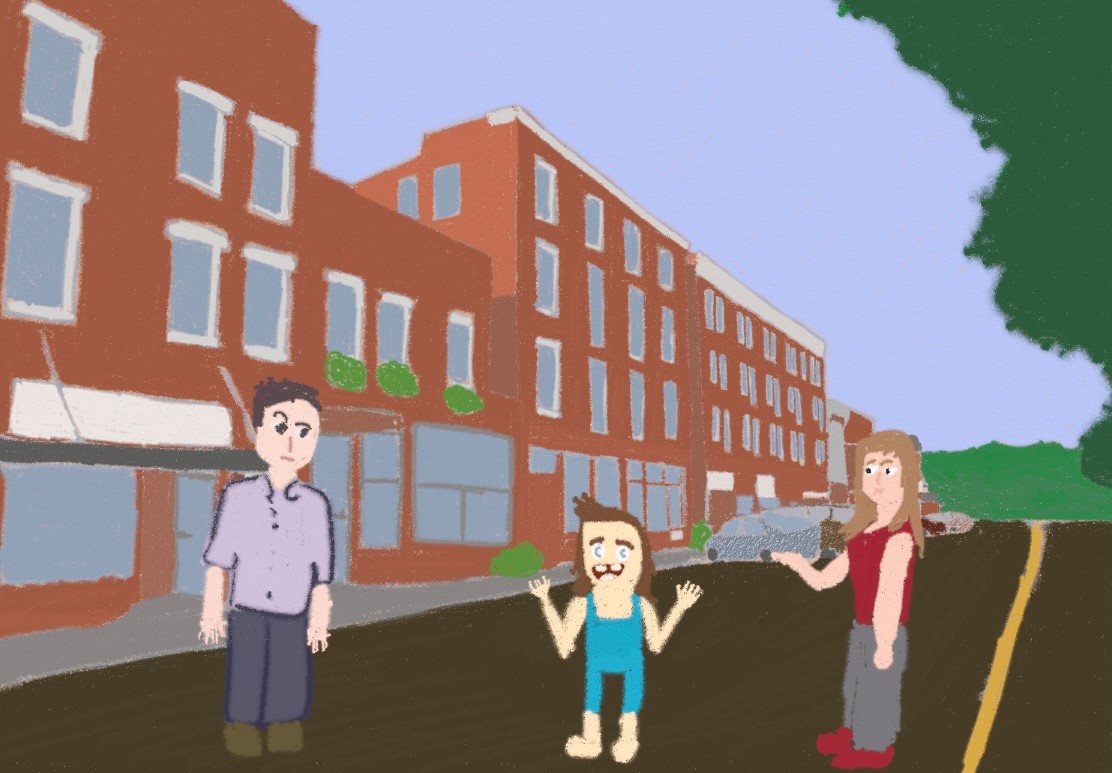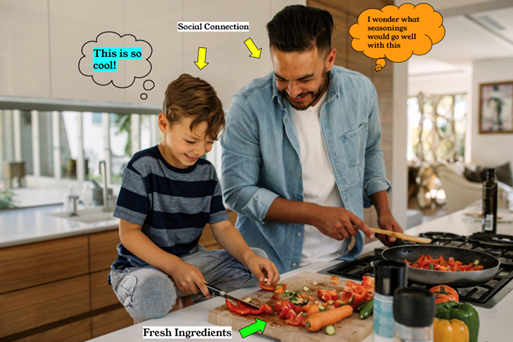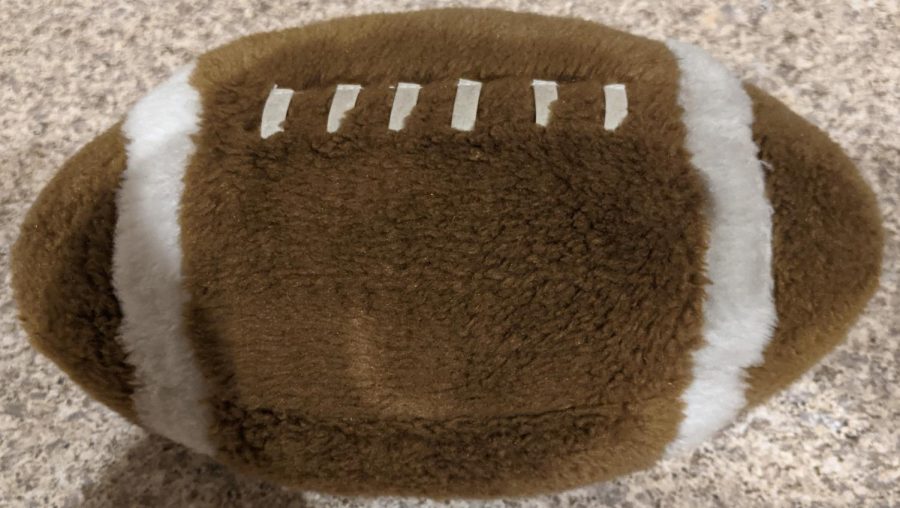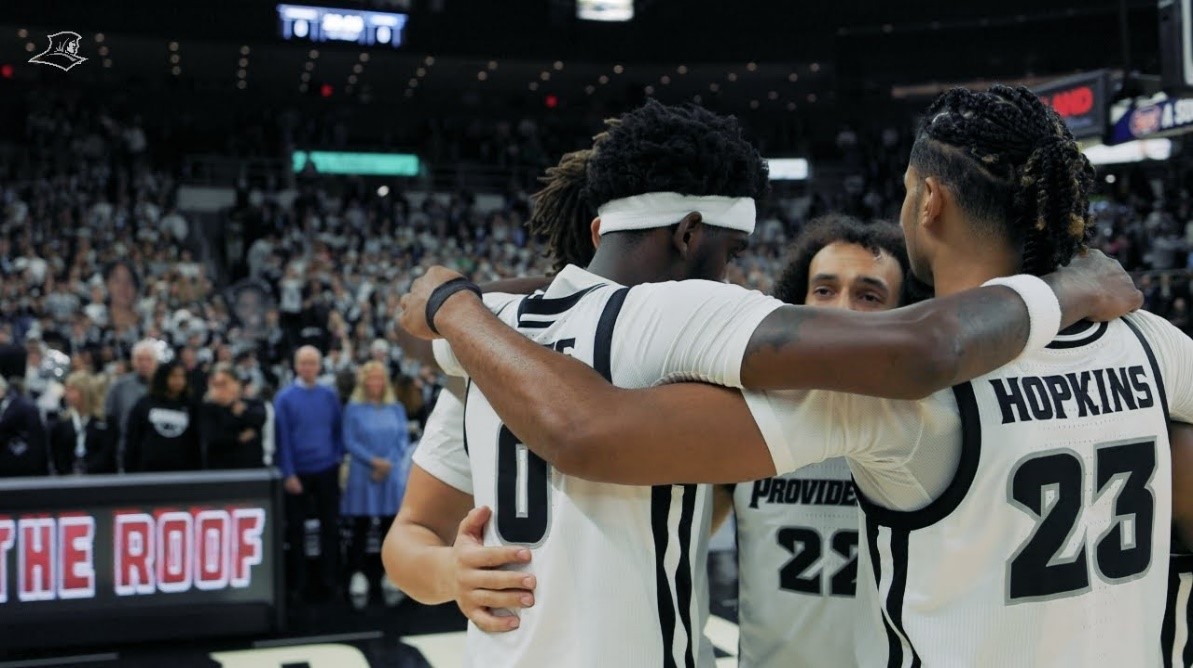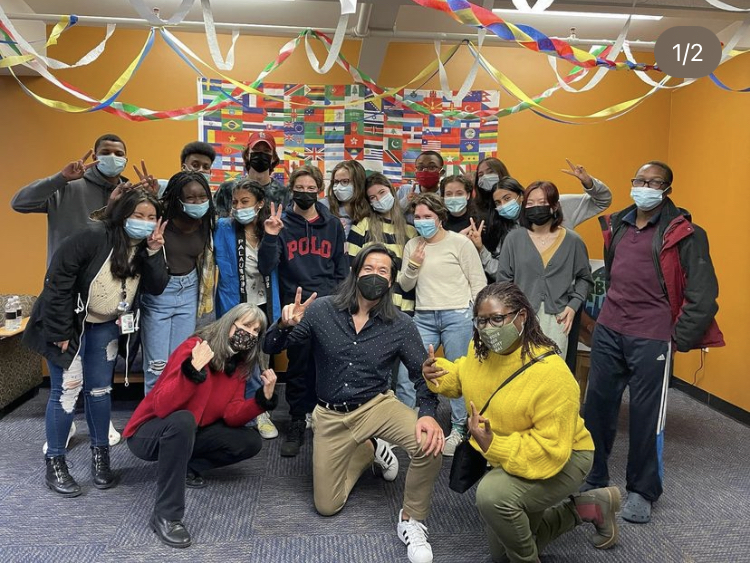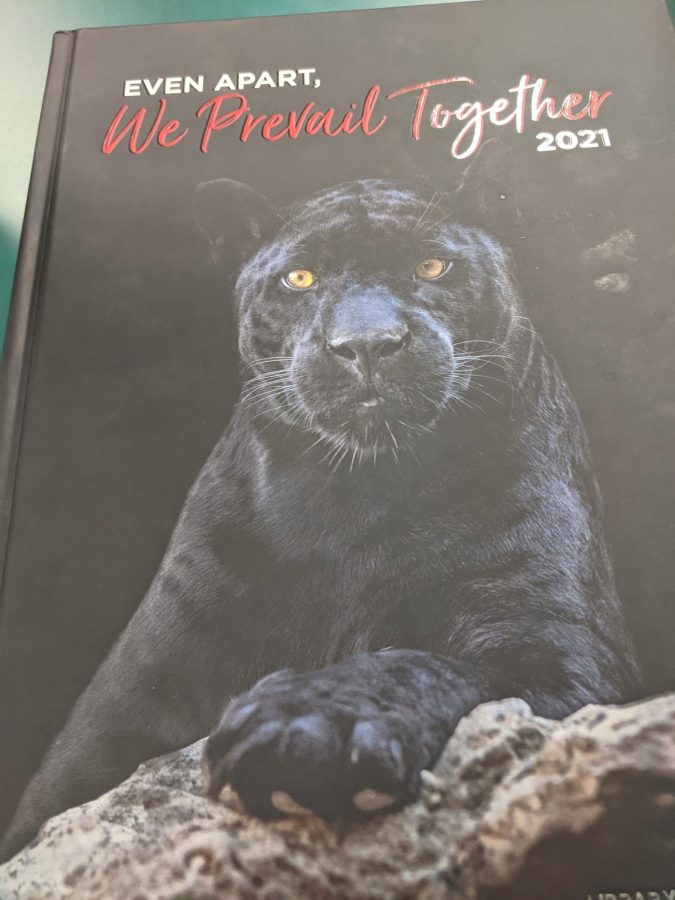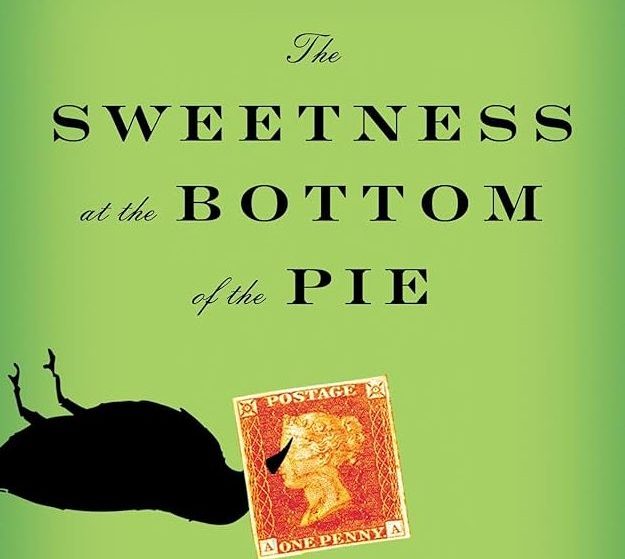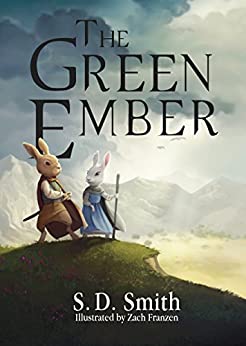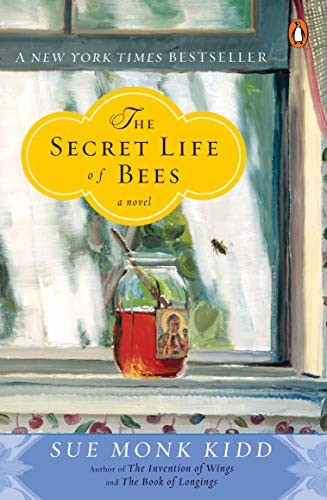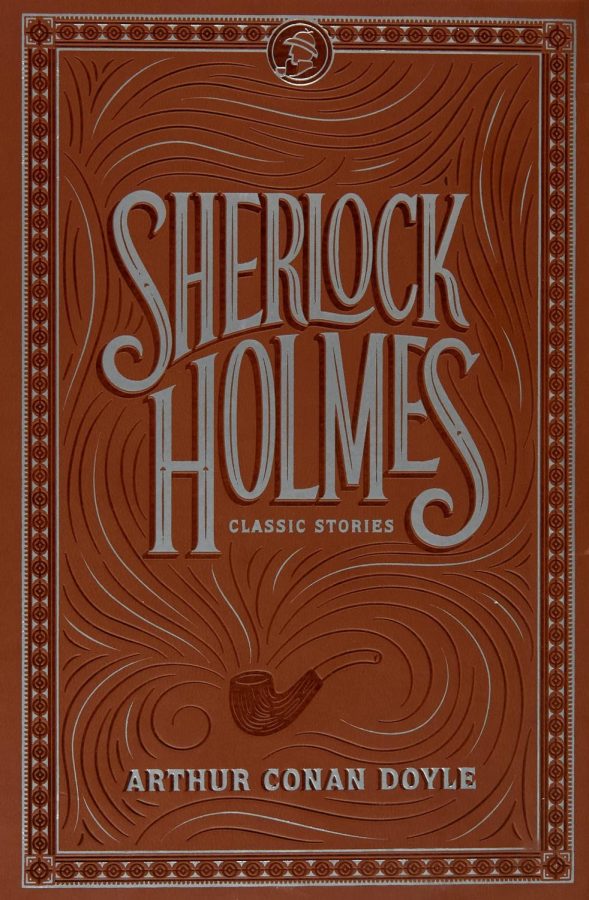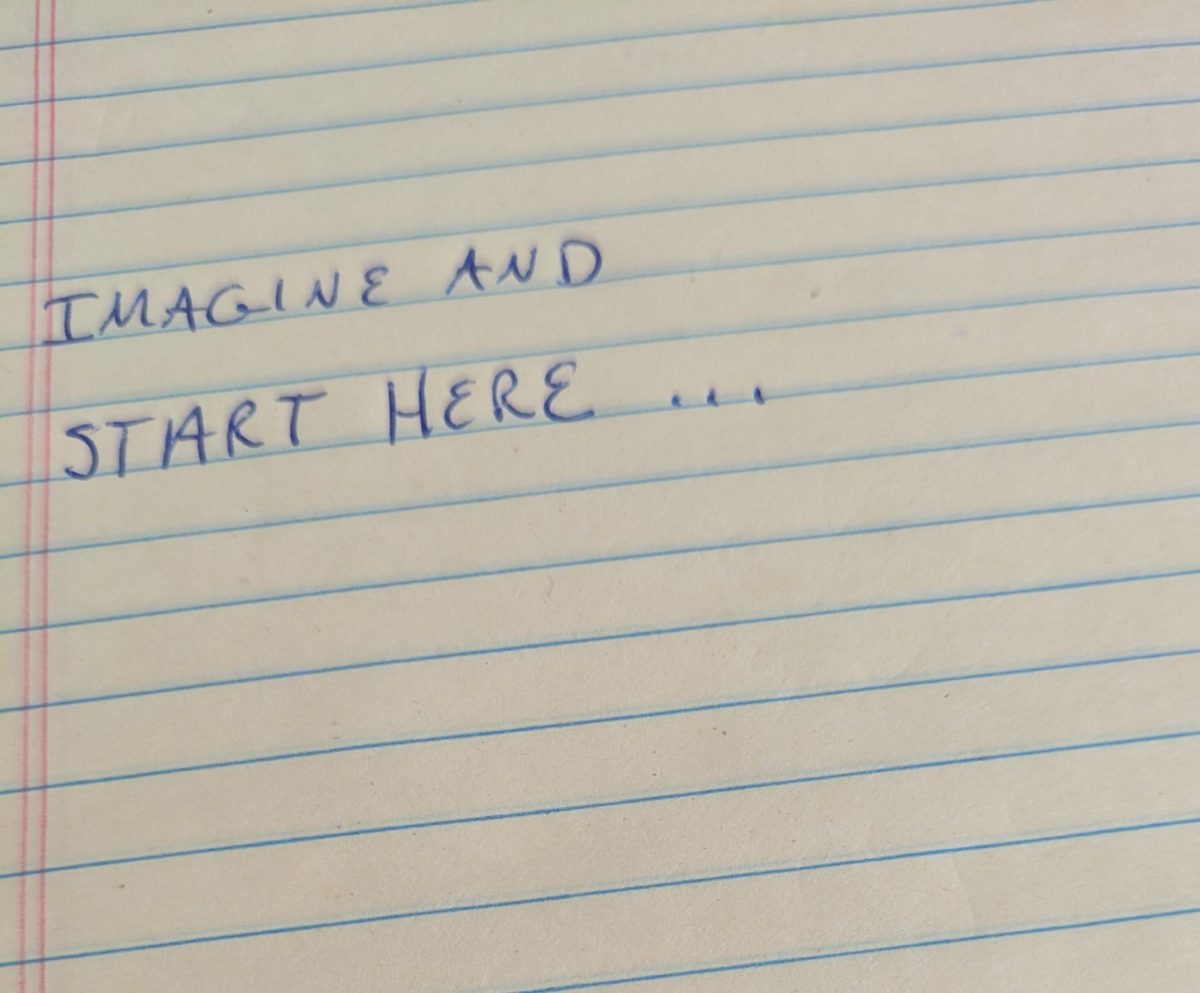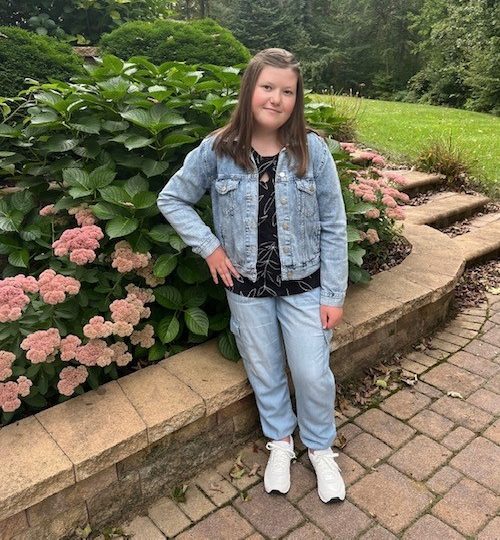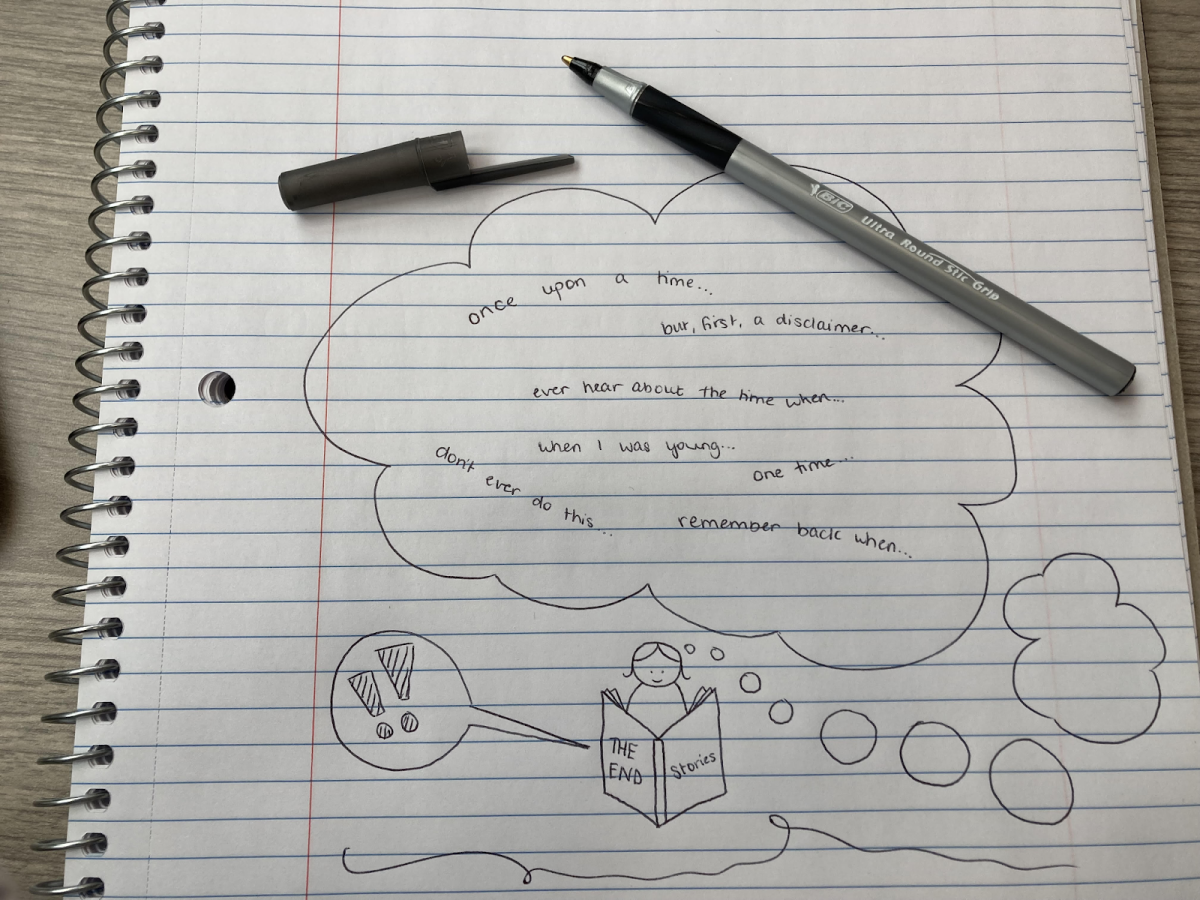Friday night. You sit down to share a meal with a group of family or friends. It’s been a long week, and you’ve got a lot on your plate (literally and figuratively). The meal, you figure, will last a half hour or so. Then on to the next thing on the list.
Then you hear it:
“Oh, hey! Remember when…”
And then, suddenly, the dinner turns into a two-hour conversation, spiraling beautifully out of control.
I think many of us have had this kind of experience. Telling and sharing stories often happens at unexpected moments. And while we may roll our eyes at our parents’ seemingly ridiculous tales, we’re still able to glean meaning from them.
I grew up listening to a wide range of stories: illustrations of my dad’s childhood mischief, my mom’s childhood obedience, great-great-grandparents immigrating from Portugal, great-grandparents sending each other letters while separated by World War II, grandparents meeting, falling in love, and getting engaged all within a matter of months.
But if you asked an average member of Gen-Z or Gen Alpha, “What is a story?” they’d probably respond, “Oh, that’s a temporary post on Instagram.”
Somehow, whether due to society’s live-in-the-moment mentality or the birth of the digital age, the kind of old-fashioned storytelling that has always been essential to humans has become a lost art. This begs the question, what makes stories important?
- Stories are life lessons. Ever had someone older than you (a parent, a teacher, a friend) start a story about their life with the disclaimer: “Never do this”? Hearing about others’ experiences (good or bad) helps us through our own development as humans. Who we become is an amalgamation of our genetics, our environment, and our experiences — some of which we gather from hearing about others’ experiences.
- Stories give us perspective. Just as stories help us relate to each other and embrace similarities, they also give us clarity in regards to our differences. Exchanging stories can teach us about different cultures, histories, and traditions. When we sense problems, storytelling helps us take action to work toward making social change. We build empathy. It’s a beautiful thing to acknowledge how different we all are.
- Stories preserve family history. “But more importantly,” Anna Nordberg says, “[stories] create a sense of continuity and resilience…they build a framework to understand painful experiences and celebrate joyful ones.” Sharing stories (our personal histories) within families allows children to feel that they are part of something greater. The impact of hearing these stories is immense, and can even help increase self-confidence and lower the likelihood of developing depression, according to one study.
- Stories help with processing trauma. Telling stories in the aftermath of a traumatic experience can be a therapeutic practice that benefits everyone involved. For some people with traumatic stress disorders, narrative therapy is even a designated component of their treatment.
- Stories allow us to relate to each other. In all relationships, conversations start out at the surface level. It’s mostly small talk, right? Only when you get comfortable and the personal stories start to pour out will you truly get to know the person and feel the kind of closeness we all crave. That openness brings people together and strengthens the bonds we have with each other. In a digital age where we experience such a disconnect, storytelling provides the opportunity for genuine, authentic human interaction.
One of the few positive aspects of being stuck at home during the pandemic, at least for me, was the amount of time I spent with my family. We played games frequently, watched movies more often, and most days ate three meals together. We would sit down to dinner and end up having a three-hour conversation involving topics ranging from politics, to college basketball, to “that time” my dad and his friends decided to throw rocks at a beehive. I credit this time together with making us a closer unit, and for that I am extremely grateful.
And those stories? They’re a part of who I am.
Next time you hear the clearing of the throat and anticipate the narration that is sure to follow, consider the value of the multitude of stories we tell.



